Chronology
Chronology is the science of arranging events in the order in which they occurred. It involves the study of time, including the sequencing of past events, their dates, and the duration of time between them.
Key Concepts
- Time Periods: Chronology involves understanding different time periods and how events fit into them.
- Chronological Order: Events are arranged in the order in which they occurred, allowing for a better understanding of historical sequences.
- Relative Dating: This method involves placing events in a sequential order based on their position in time relative to other events.
- Absolute Dating: This method involves assigning specific dates to events, often through the use of scientific techniques like radiocarbon dating or dendrochronology.
Study Guide
To understand chronology, consider the following study guide:
- What is the significance of arranging events in chronological order?
- How is relative dating different from absolute dating?
- Provide examples of techniques used in absolute dating.
- How do different historical periods help us understand the progression of events?
- Discuss the importance of chronology in historical research and understanding.
By studying these concepts and questions, you can gain a better understanding of chronology and its importance in understanding historical events.
.◂Science Worksheets and Study Guides Sixth Grade. Rocks
Study Guide Rocks
Rocks  Activity Lesson
Activity Lesson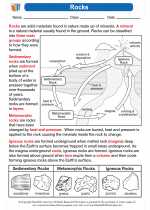 Rocks
Rocks  Worksheet/Answer key
Worksheet/Answer key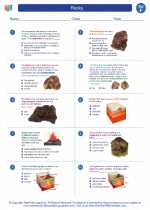 Rocks
Rocks  Worksheet/Answer key
Worksheet/Answer key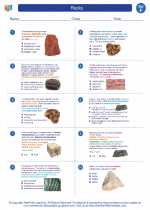 Rocks
Rocks  Worksheet/Answer key
Worksheet/Answer key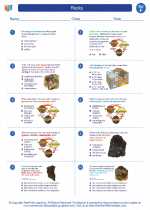 Rocks
Rocks  Worksheet/Answer key
Worksheet/Answer key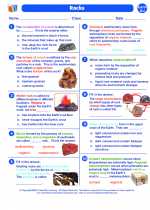 Rocks
Rocks  Vocabulary/Answer key
Vocabulary/Answer key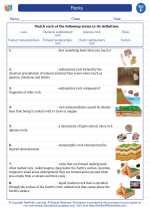 Rocks
Rocks  Vocabulary/Answer key
Vocabulary/Answer key Rocks
Rocks  Vocabulary/Answer key
Vocabulary/Answer key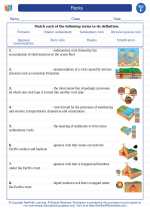 Rocks
Rocks 

 Activity Lesson
Activity Lesson
 Worksheet/Answer key
Worksheet/Answer key
 Worksheet/Answer key
Worksheet/Answer key
 Worksheet/Answer key
Worksheet/Answer key
 Worksheet/Answer key
Worksheet/Answer key
 Vocabulary/Answer key
Vocabulary/Answer key
 Vocabulary/Answer key
Vocabulary/Answer key
 Vocabulary/Answer key
Vocabulary/Answer key

The resources above cover the following skills:
EARTH AND SPACE SCIENCE
Earth’s Systems
Plan and carry out investigations that demonstrate the chemical and physical processes that form rocks and cycle Earth’s materials (e.g., processes of crystallization, heating and cooling, weathering, deformation, and sedimentation).